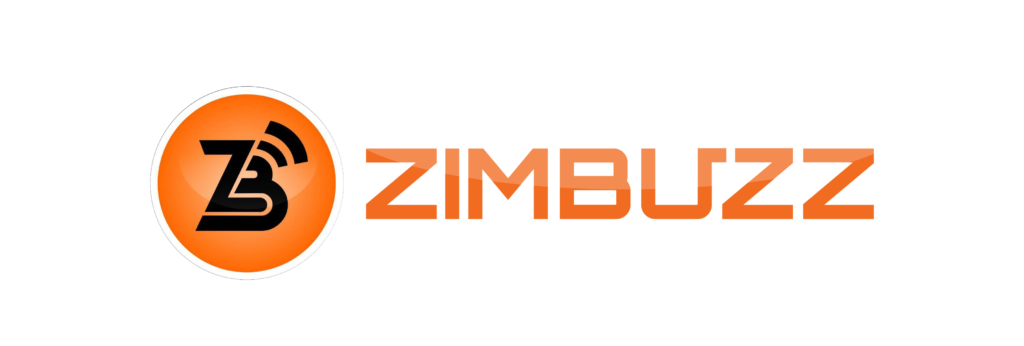President Emmerson Mnangagwa has officially launched the Zimbabwe Media Policy, a framework designed to guide the country’s media sector in an era of rapid technological change.
Speaking at State House in Harare on May 28, the President said the policy comes at a critical time when “Artificial Intelligence has reshaped information gathering, analysis, production, and dissemination,” noting that the media must now navigate new challenges of accuracy, ethics, and information overload.
Emphasising the policy’s role in upholding national values, President Mnangagwa stated, “Through the promulgation of the National Media Policy, my Government is strengthening and guaranteeing that our citizens will have access to factual, verified, accurate, and reliable information.”
He highlighted the importance of this initiative in countering the threats posed by global tech infrastructure, misinformation, and the erosion of cultural diversity.
The President added, “There must be ripple benefits from regulating Big-Tech services, including through taxation and fair payment.”
In his address, the President also reaffirmed the media’s role in national development and unity. “We are the custodians of our own stories and narratives,” he said.
“The time has come for the world to hear the authentic story of who we are and what we stand for, from our own eyes, from our own mouths and from our own media.”
He urged content creators to leverage digital platforms to promote Zimbabwe’s identity and attract investment, declaring the policy a bold step towards empowering a responsible and accountable media landscape.
Here is a summary of the Zimbabwe Media Policy document:
Policy Vision and Mission
- Vision: A vibrant, diverse, and inclusive media sector that shapes national narratives, empowers citizens, and supports Zimbabwe’s goal of becoming an upper-middle-income society by 2030.
- Mission: To foster a modern media industry that promotes national consciousness, upholds Zimbabwe’s interests globally, and showcases the country’s cultural heritage.
Core Objectives
- Defend Zimbabwe’s sovereignty and national image.
- Promote professionalism and ethics in journalism.
- Develop and modernize media infrastructure.
- Foster inclusive and multilingual access to information.
- Ensure media viability, independence, and sustainability.
- Advance national values, digital transformation, and media sovereignty.
Guiding Principles
- Freedom of Expression & Media Pluralism
- National Interest & Public Good
- Access to Information
- Media Ethics & Professionalism
- Digital Transformation
- Diversity & Inclusion
- Whistleblower Protection
- Stakeholder Engagement
- Accountability & Transparency
Six Strategic Pillars
- Economic Sustainability
- Establishes a Media Fund financed by annual levies.
- Encourages alternative revenue models and strategic partnerships.
- Supports content monetization and incentivizes digital migration.
- Digital Transformation & Innovation
- Promotes digital migration, AI, 5G, and blockchain adoption.
- Advocates for ICT training and reduction of data costs.
- Supports co-regulation for combating misinformation.
- Media Development & Capacity Building
- Strengthens community radio and freelance producers.
- Supports skills development in business, content, and tech.
- Updates copyright laws and increases ZBC’s national coverage capacity.
- Media Sovereignty & Regulation
- Promotes local ownership and content control.
- Enhances oversight of online broadcasters.
- Supports ethical journalism through training and partnerships.
- Access to Information
- Expands rural access to internet and information centers.
- Introduces mobile-based information platforms.
- Enhances media literacy across marginalised communities.
- Local Content Promotion
- Enforces 75% local content quotas.
- Incentivizes cultural storytelling and IP protection.
- Counters foreign content dominance through regulation.
Implementation Framework
- Led by Ministry of Information and supported by MCS-IMC and Media Sector Steering Committee.
- Thematic Working Groups formed per strategic pillar.
- Multi-stakeholder approach includes government, media bodies, academia, and civil society.
General Policy Issues
- Codes of Conduct & Ethics: Enforced by ZMC; professional standards prioritized.
- Sexual Harassment Policies: Mandatory in all media houses.
- Penalties for Misconduct: Includes loss of license, legal actions, and fines.
- Foreign Journalists: Must obtain local accreditation and clearances.
- Regulatory Harmonization: Aligns media laws with telecoms and ICT sectors.
For the full document, you can find it on the Zimbuzz WhatsApp Channel










Share Your Comments